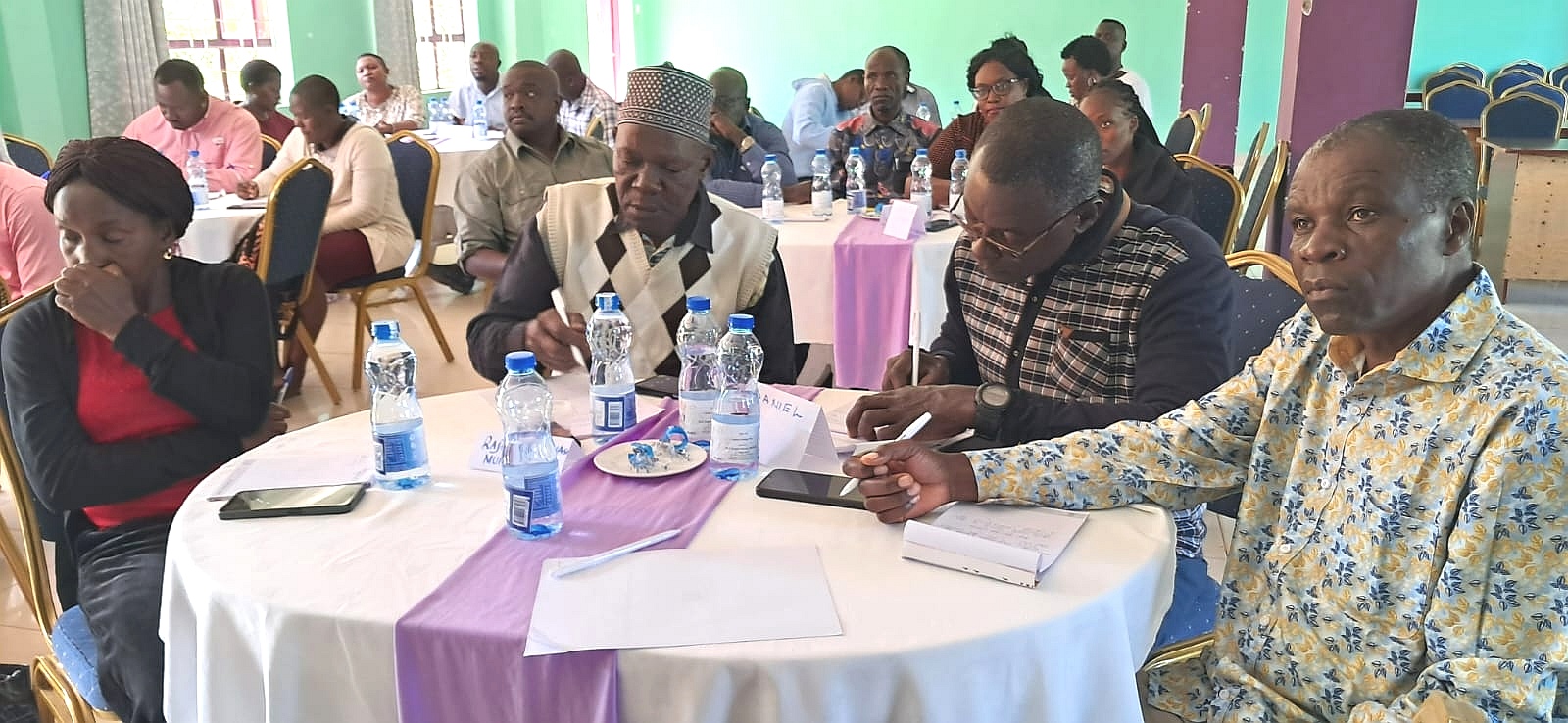
Charitable Children’s Institutions have expressed concern that efforts to reintegrate children from care homes back into their families are yet to gain full acceptance in society.
The government is implementing a national reform programme to transition children living in CCIs to home-based care by reuniting them with their families or placing them under foster parents. But in many communities, the idea remains a hard sell.
Frank Mona, the organising secretary of the Kakamega County Charitable Children’s Institutions Network, said many families, especially those of total orphans, are unwilling to take the children back.
Some of the reintegrated children, he added, have since returned to the institutions after experiencing neglect or mistreatment at home.
“We still face a cold reception from guardians whenever we talk about family reintegration,” Mona said.
“Some children have no known relatives, while family tracing is expensive and nearly impossible without funding.”
He said supporting children within family setups is a good idea in principle but comes with new challenges, such as increased household responsibilities and the fear of interrupted schooling.
“Some children tell us they would have to drop out of school if they went back home,” Mona said.
He explained that CCI leaders hold monthly meetings to share experiences and find solutions to the challenges of the ongoing reforms. Experts are occasionally invited to help institutions and communities understand the importance of family-based care.
“The most complicated part is when donors insist on funding only children living inside institutions,” he said.
“We’re now engaging them to support the same children even after they are reintegrated.”
The government has started foster care training for prospective parents in Kakamega county as part of the National Care Reform Strategy, which aims to transition about 45,000 children in CCIs and 3,000 in statutory institutions into family-based care by 2032.
Head of the foster care programme Aston Maungu said the reform strategy provides a clear roadmap for achieving this goal.
The initiative, a partnership between the State Department for Children Services and the United Nations Office on Drugs and Crime, has been piloted in Murang’a, Kiambu, Meru, Kilifi, Kisumu and Machakos counties.
“Many people still wrongly associate foster care with child theft or trafficking, which discourages potential foster parents from coming forward,” Maungu said.
He urged communities to embrace the reforms, saying family-based care offers children love, stability and a sense of belonging that institutional care cannot fully provide.
















